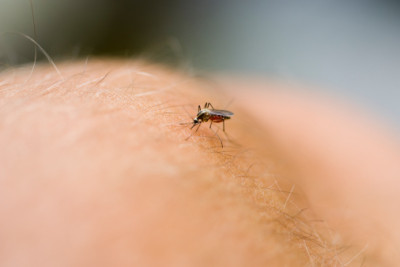The Illinois Department of Public Health reported on June 10th that the first mosquitoes of the season have West Nile Virus. The positive mosquito batch was collected on June 5 in Evanston by the North Shore Mosquito Abatement District. The Illinois Department of Public Health says there are no reported human cases of West Nile as of this week but people should be on the look out for any signs, especially dead birds in their area of the state.
The virus is transmitted to people from a Culex pipiens, or house mosquito, which picks it up from feeding on an infected bird. Four out of five people infected with West Nile will not show symptoms.
IDPH Director Ngozi Ezike says there are a few things you can do to protect yourself from West Nile this summer. “First of all, if you have stagnant water, drain that. Reduce your exposure by replacing screens that have openings or tears. Any place where there is a flooded yard, that can produce mosquitoes so get those areas treated with larvaecide so that will hopefully kill any mosquito eggs.”
Ezike says that you should seek out spray on repellents with the following ingredients: “DEET, oil of lemon eucalyptus, or picaridin and then IR-35 is also effective.”
Mosquitoes are most active at dusk so it’s recommended to wear long sleeves and pants if you are out during the evening hours.
Those who contract the virus could develop fever, nausea, headaches and muscle aches, with symptoms lasting from a few days to a few weeks. Severe illness such as meningitis and encephalitis or death can occur in rare cases. People at higher risk for severe complications include people older than 60 and those with weakened immune systems.
Anyone who has sick or dying cattle or horses or finds dead crows, blue jays, robins, cardinals, or other perching birds should contact their local health department to have it picked up for testing. The health department would like the specimen to be recently deceased.




